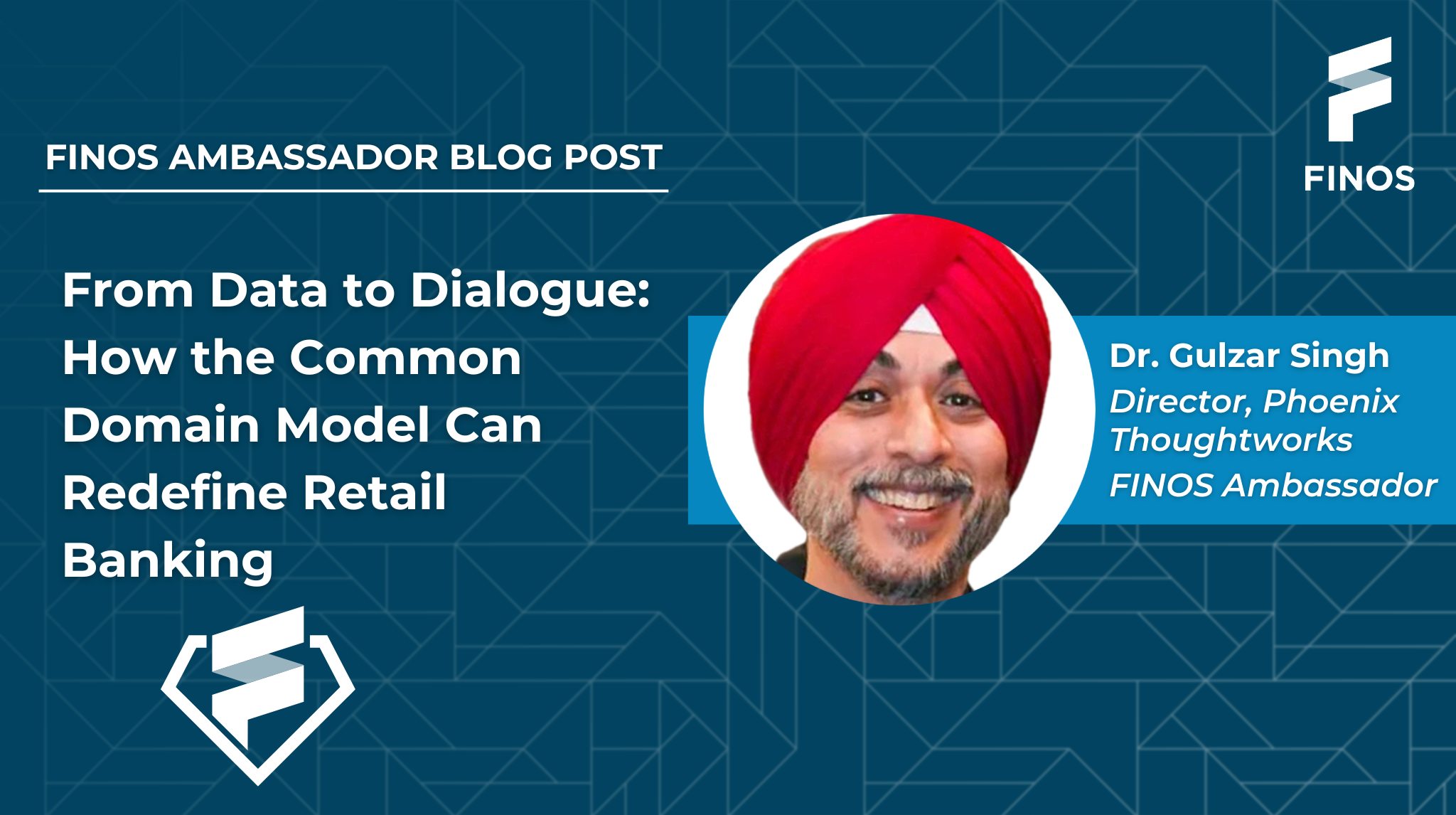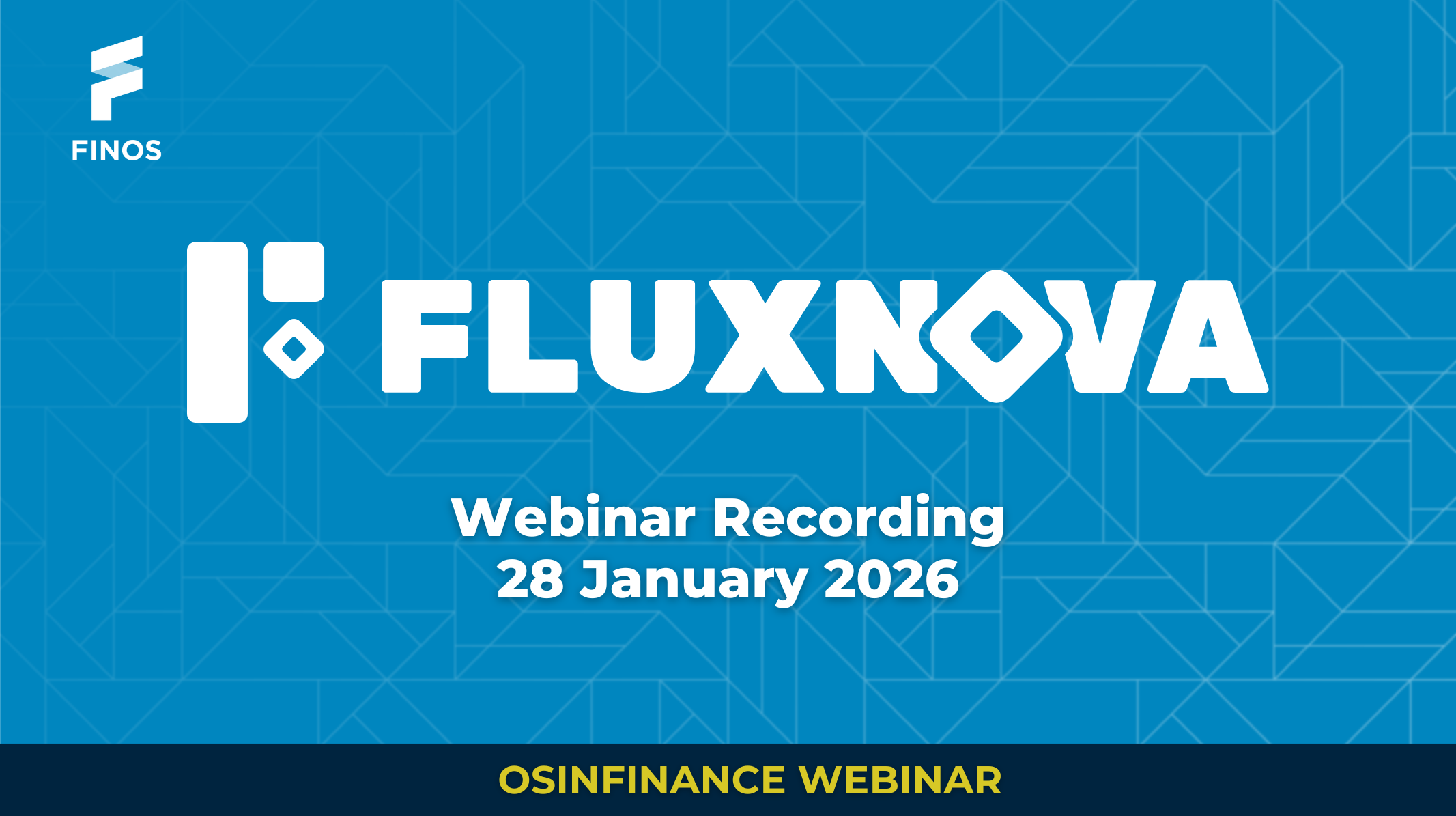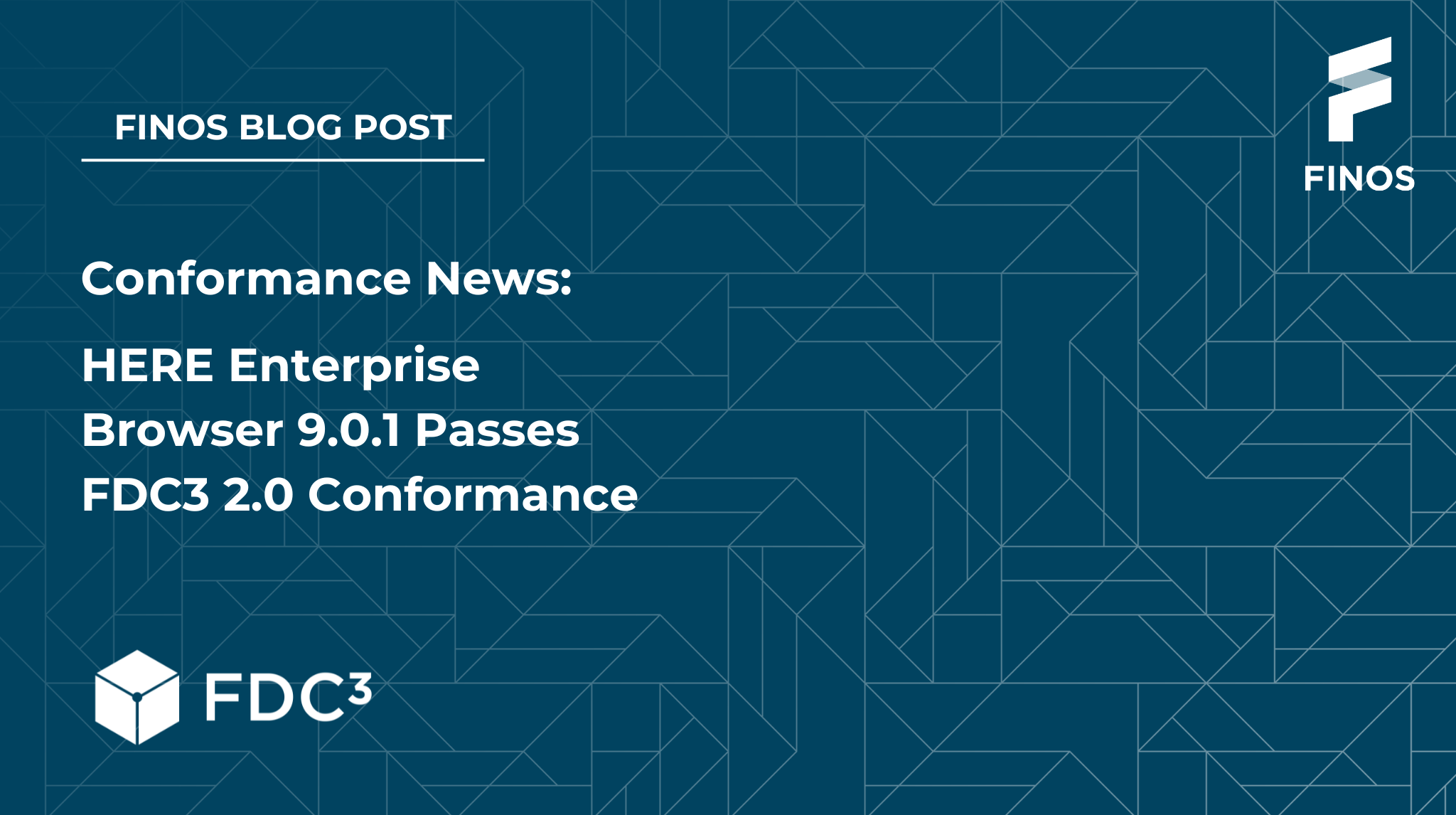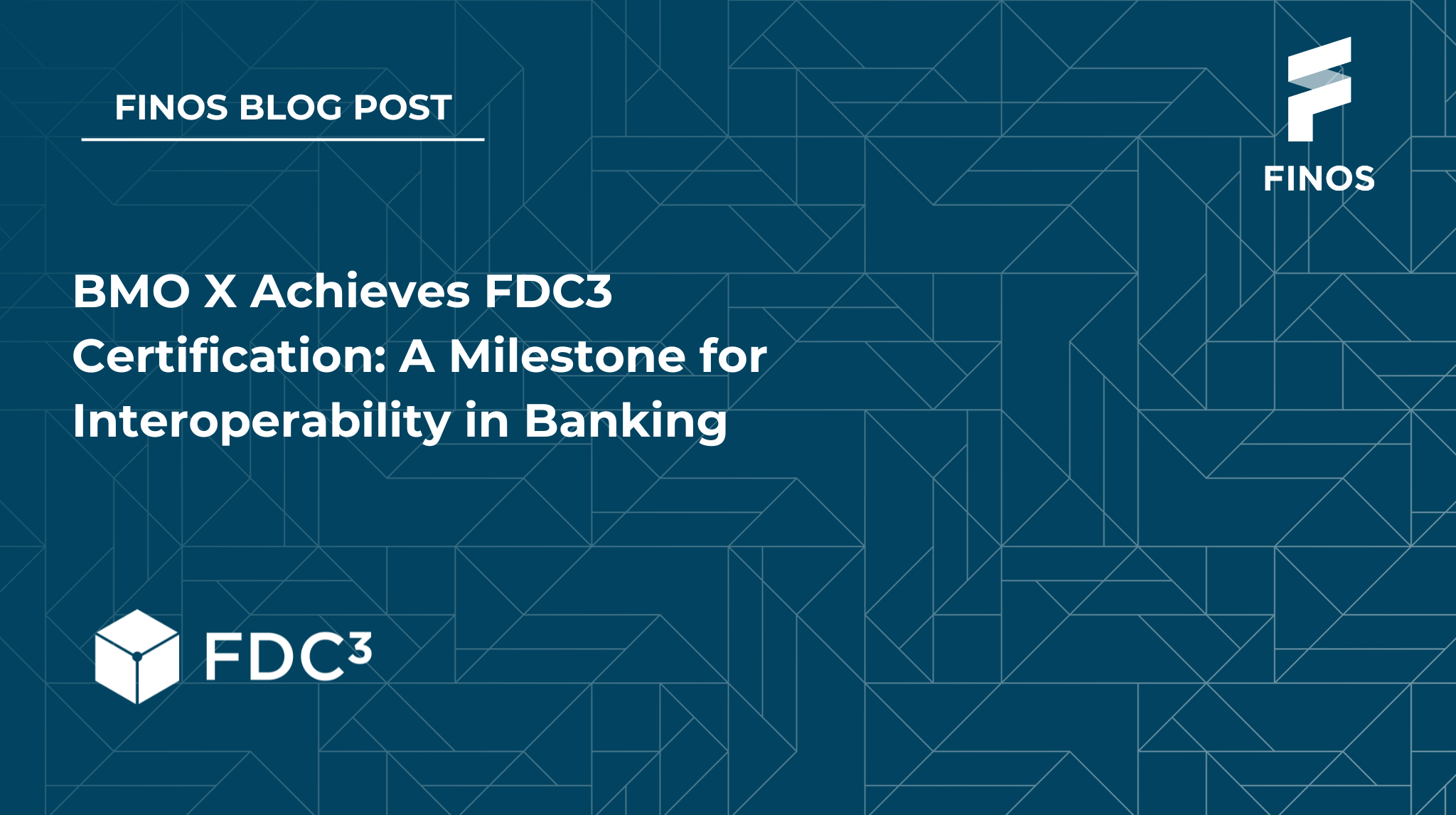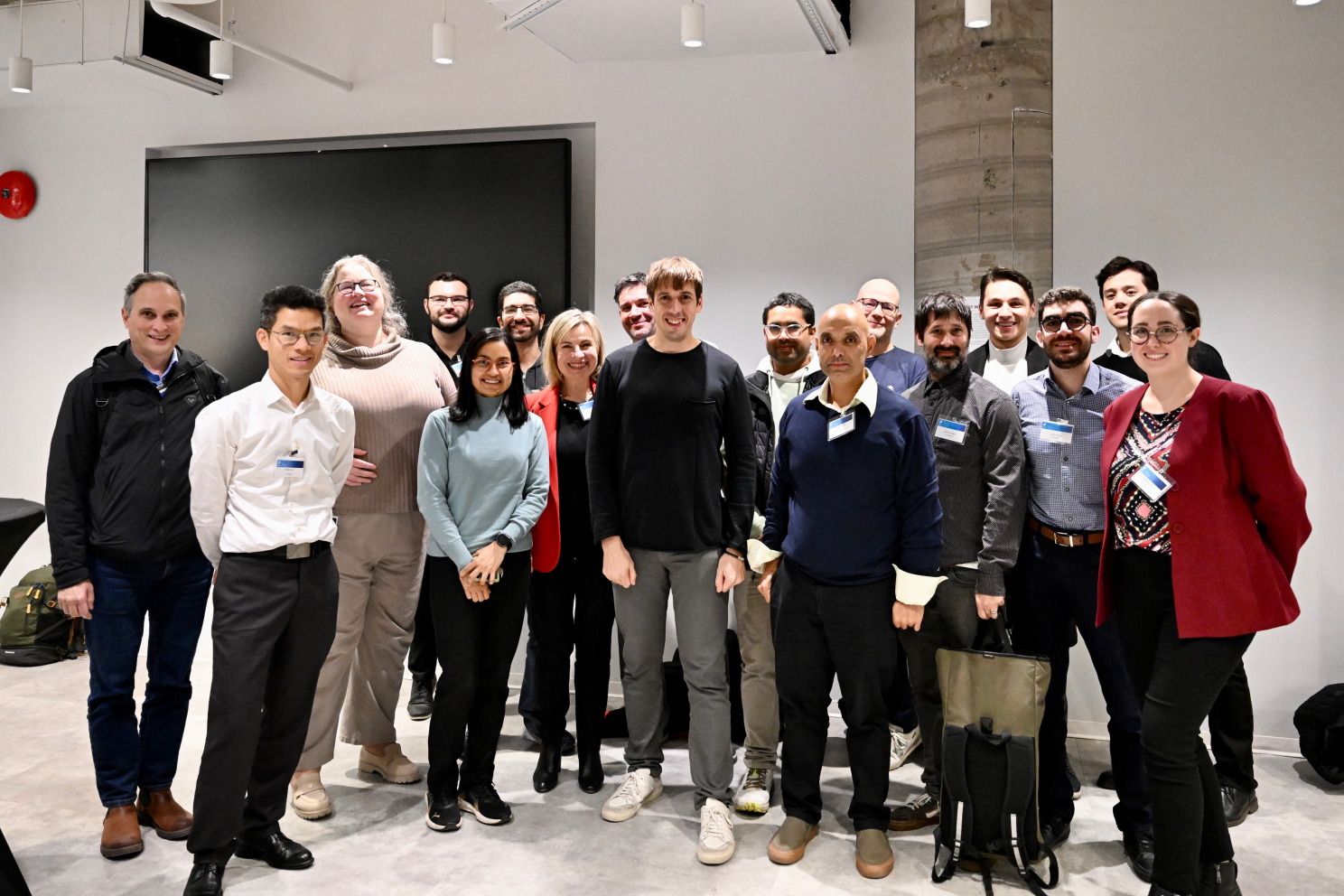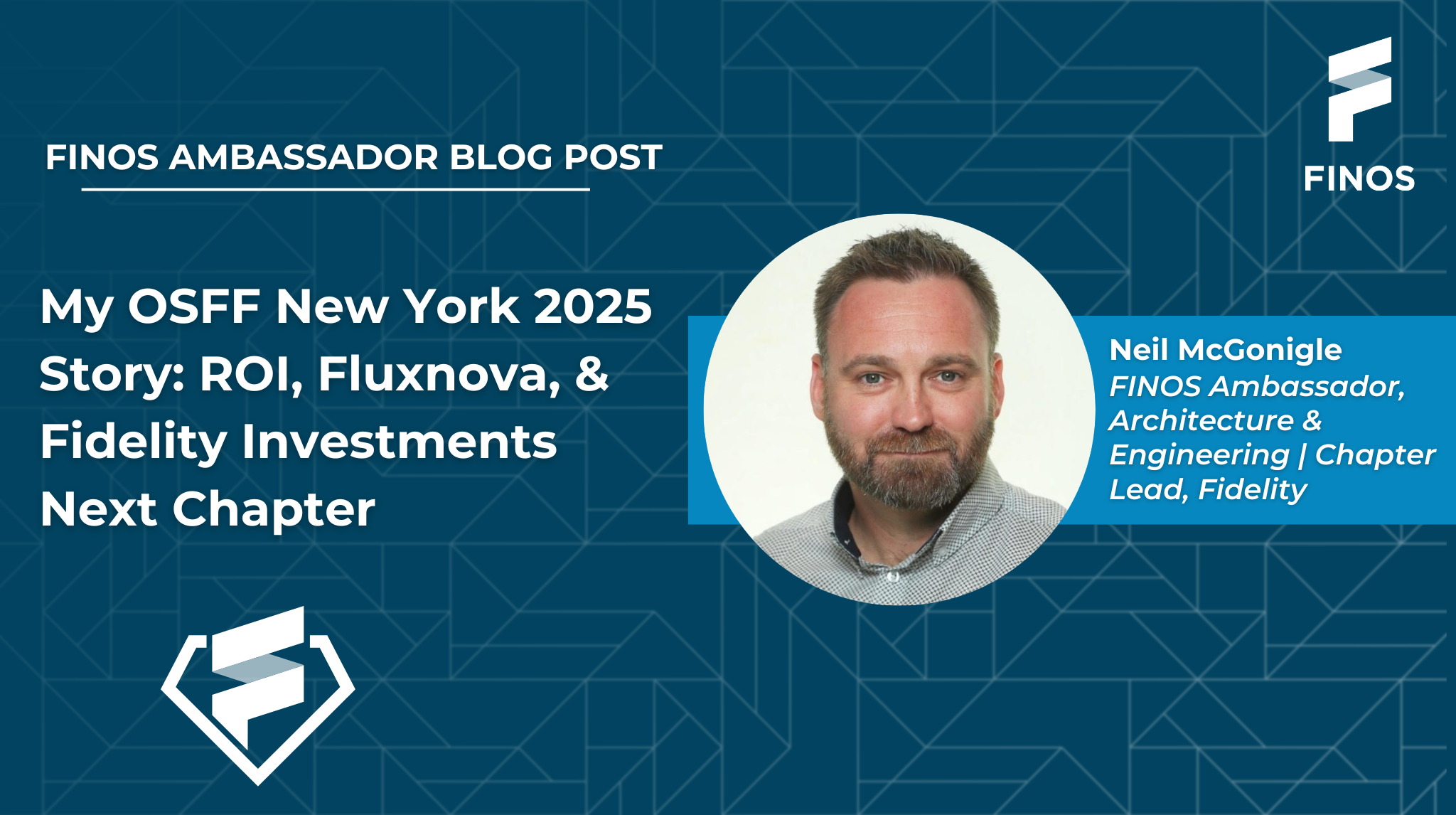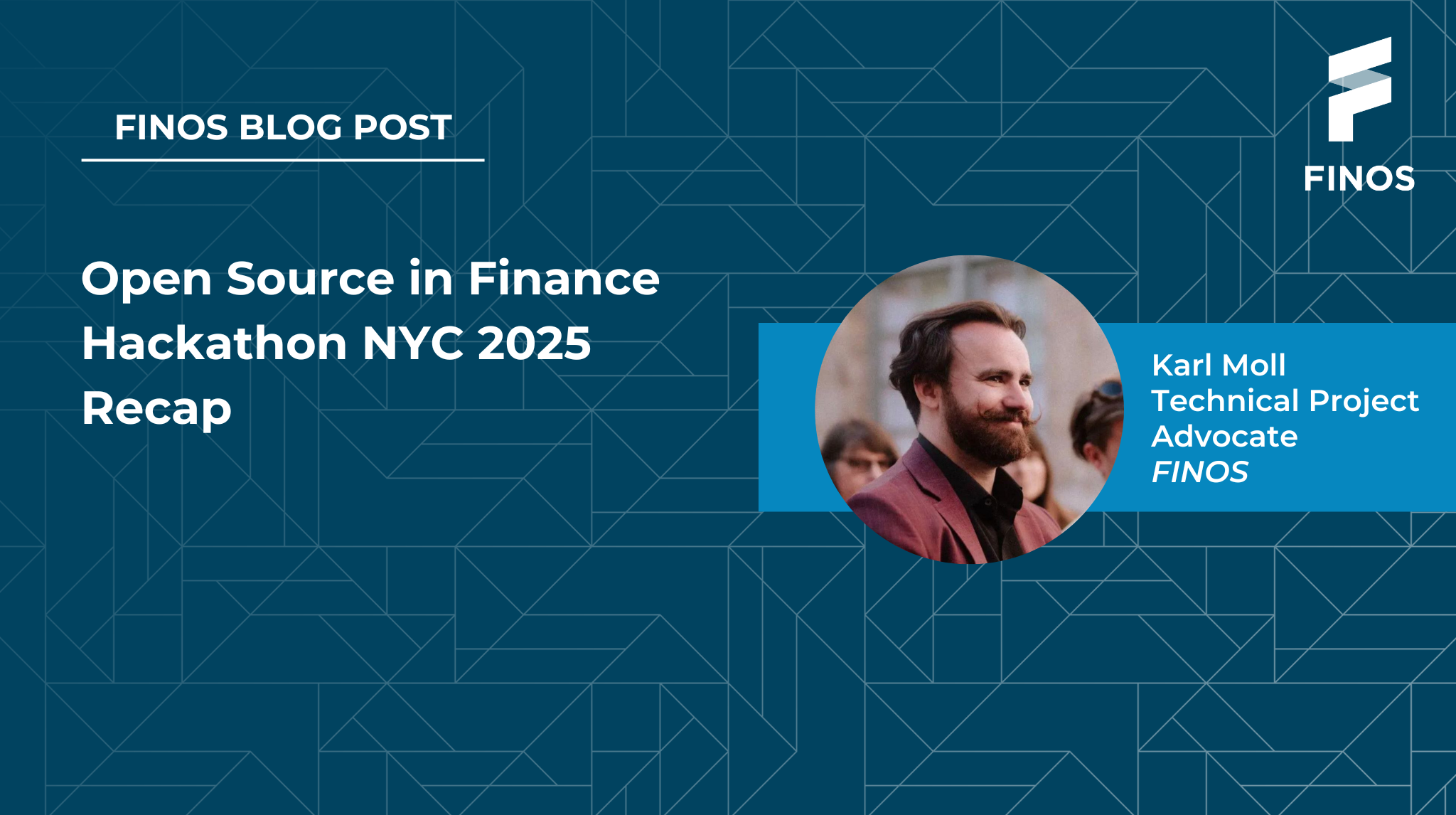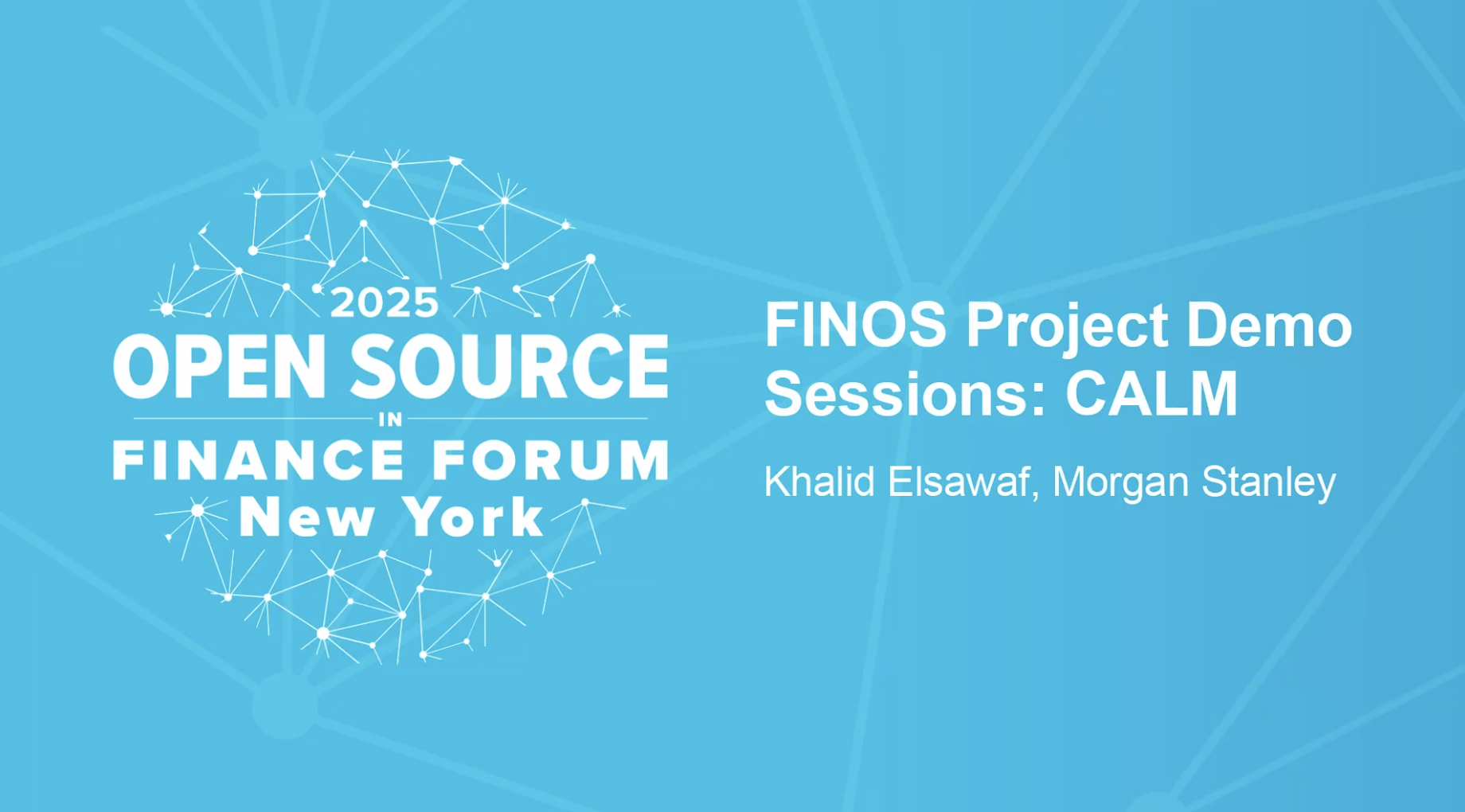Across every bank, you can feel the same tension: we have modern technology everywhere, yet the information behind it still lives in silos. The front end looks digital, but the plumbing underneath remains stitched together from systems that were never designed to talk. Each department guards its own data, its own definitions, and its own language. What should be a simple movement of information often turns into a slow relay from one application to another.
Fluxnova is a new open source BPM platform which aims to provide automation and orchestration capabilities to accelerate the digitization of end to end process or workflow across the organization. Experience a live demo, learn how to migrate from Camunda 7 CE, get a first look at the Fluxnova Roadmap and more!
FINOS is pleased to announce that the HERE Enterprise Browser version 9.0.1 has successfully passed the FDC3 2.0 Conformance Test Suite. Congratulations to Johan Sandersson and the HERE team for achieving this important milestone and contributing to the growing ecosystem of interoperable, standards-based desktop agents.
As financial institutions modernize their digital ecosystems, interoperability has become a strategic priority.
This month, BMO X - a leader in banking and digital experience - reached a major milestone: achieving FDC3 Certification, confirming that its applications and workflows now conform to the Financial Desktop Connectivity and Collaboration Consortium (FDC3) open standard.
On October 29th, 2025. Morgan Stanley was the site for history as we hosted the first ever FINOS event in Canada. As part of the event, we welcomed representatives from multiple financial institutions in Montreal, including Royal Bank of Canada (RBC), Société Générale, National Bank of Canada and Finance Montréal.
Flying into New York for the Open Source in Finance Forum (OSFF) 2025 felt different. London back in June was energising; New York felt like a milestone. Convene Brookfield Place was bright autumn perfection outside and full of focused energy inside.
What struck me immediately was continuity. I saw many of the same open source advocates I’d met a few months earlier in London, all picking up conversations about what they’d tried since then. That sense of shared progression is one of the things I value most about FINOS events. Individual journeys start to look like a coordinated industry movement — and in New York, that movement had a very clear headline: return on investment.
Mid-October, FINOS members across financial services and technology participated in the Open Source in Finance Hackathon NYC 2025, organized by FINOS & hosted by AWS, proving what's possible when cross-industry teams collaborate in the open by delivering tangible solutions at remarkable speed.
"Software developers will go to great lengths to be lazy. This is a great example of that."
That was the opening pitch from Khal Elsawaf, Lead Architect at Morgan Stanley, during his standing-room-only demo at OSFF NY. His problem was universal: Architecture documentation is essential, but doing it manually in Visio or PowerPoint is painful. The diagrams rot the moment they are saved, and the "SAD" (Solution Architecture Description) documents are usually, well... sad.
Enter CALM (Common Architecture Language Model) and its new AI Copilot.
In a live, high-wire demo, Khal built a complex trading system architecture in under 10 minutes—and here is the kicker: He didn't write a single line of JSON.
30-Second Download
-
The Player: Morgan Stanley Lead Architect Khal Elsawaf demoed the Common Architecture Language Model (CALM) live at OSFF NY.
-
The Tech: A showcase of Architecture as Code—building a complex trading system in under 10 minutes using natural language prompts (AI) instead of writing raw JSON.
-
The ROI: Transforming "SAD" (Solution Architecture Description) documents from static, rotting artifacts into living code that auto-generates block diagrams, sequence flows, and documentation tables simultaneously.
-
The Takeaway: How engineers are moving from manual, static diagrams to "talking" to their architecture to drive massive efficiency and accuracy.


